It’s time to work on your basement finally. You have a plenty of ideas for what you may want your basement to end up being. It could mean you want an extra bedroom or a comfortable lounging area. You could also make it into a man cave for yourself. The most important thing to do before starting the project is testing for radon.
 Importance of a Radon Test
Importance of a Radon Test
Radon is an odorless, tasteless gas that happens naturally in some homes. It has radioactive properties that are a health hazard to people and can cause cancer if exposed to it over time. Some areas in the country produce more of this gas than others, so it’s important to test for this.
Radon usually seeps through cracks and gaps in the home, whether that’s in solid floors, walls, service pipes, water supply, etc. In the basement, an uncovered sump pump can release this gas into your home.
Radon can be found in the soil underneath the home. This is how it can seep into cracks in the home. When the radon decays, the radiation is released from the gas, which can cause a plethora of health issues over a long period of time.
Here are some health hazards:
- Radioactive particles can get trapped in lungs
- Long-term health issues (cancer)
- Smoking and radon = higher risk for lung cancer
First Choice Inspectors specialize in home inspection services including radon inspection for your home. If you’re looking to remodel your basement and turn it into a place to hangout with the family, it’s vital for your family’s safety and health to get a radon test done.
First Choice Inspectors
We take pride in our home inspection services for the Chicago area. Our inspectors have been trained and certifies to check your home for many issues, from structural to mechanical, and environmental concerns. Contact First Choice Inspectors at 773-429-9711 today to get a quote on a radon test before you turn your basement into the lounge room you’ve always dreamed of having.
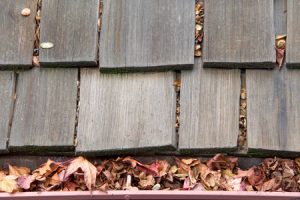
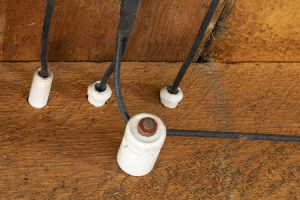
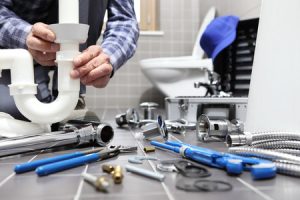
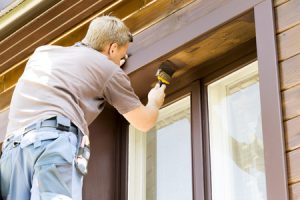

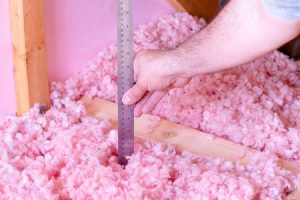
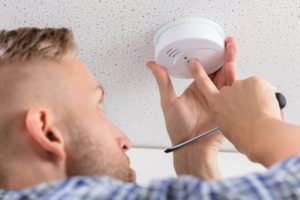 There are
There are  Thinking about buying a home in the Windy City? Chicago’s housing market may be experiencing a period of slow growth, but it’s also one of the most affordable markets in the nation, according to a recent report
Thinking about buying a home in the Windy City? Chicago’s housing market may be experiencing a period of slow growth, but it’s also one of the most affordable markets in the nation, according to a recent report 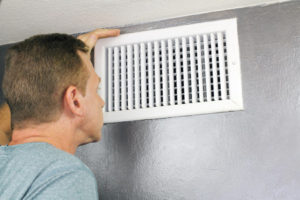 After a long, hot summer, you may be tired of seeing your energy bills spike from the increased load on your HVAC system. Thanks to the efforts of Iranian-American entrepreneur Hamid Farzaneh, homeowners will soon have access to a new “intelligent” ventilation technology that’s designed to make HVAC systems far more efficient.
After a long, hot summer, you may be tired of seeing your energy bills spike from the increased load on your HVAC system. Thanks to the efforts of Iranian-American entrepreneur Hamid Farzaneh, homeowners will soon have access to a new “intelligent” ventilation technology that’s designed to make HVAC systems far more efficient.